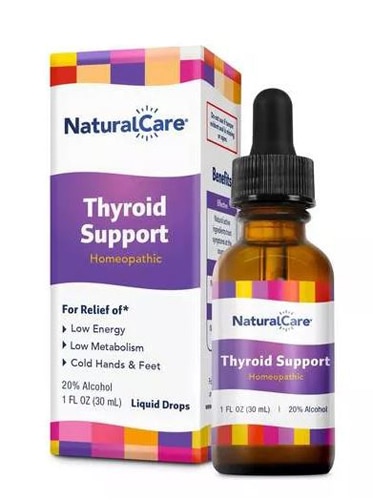If you wake up most days with the nagging suspicion that something just isn’t right – perhaps you are suddenly listless, or are engulfed in anxiety – your thyroid might be to blame.
The thyroid is a small, butterfly-shaped gland in your neck. It secretes a hormone into the blood that helps the body to:
- Use energy
- Maintain warmth
- Keep internal organs functioning properly
Most of the time, the thyroid is an unsung hero, quietly working to keep you healthy and comfortable. But for some people, the gland does not function properly.
The two most common problems associated with the thyroid are:
Hypothyroidism. This diagnosis is made if the thyroid is underactive and can’t make enough thyroid hormone to keep your body running in top form.
“People just generally slow down,” Dr. John C. Morris, immediate past president of the American Thyroid Association and an endocrinologist at the Mayo Clinic in Rochester, Minnesota.
Other symptoms associated with hypothyroidism include:
- Dry skin
- Forgetfulness
- Depression
- Constipation
“The patient just feels kind of tired and cold,” Morris says.
Causes of hypothyroidism include autoimmune diseases, such as Hashimoto’s thyroiditis.
Hyperthyroidism. In this condition, the thyroid is overactive and makes too much hormone.
Rather than slowing down, patients with hyperthyroidism may become anxious and irritable. They may feel too warm, and experience significant weight loss.
“The symptoms are generally just the opposite of hypothyroidism,” Morris says.
Other symptoms associated with hyperthyroidism include:
- More frequent bowl movements
- Less frequent menstrual periods, and lighter menstrual flow
- Excessive energy in the beginning, with increasing fatigue over time
The autoimmune disorder Graves' disease is the most common cause of hyperthyroidism. It occurs when antibodies in the blood turn on the thyroid and cause it to grow and secrete too much hormone.
The danger of ignoring thyroid conditions
The symptoms of both hypothyroidism and hyperthyroidism are so nonspecific that patients often mistake them for another disorder.
“Many things can cause the same sorts of symptoms,” Morris says.
For the most part, symptoms associated with thyroid conditions are merely uncomfortable, rather than immediately life threatening.
“They generally come on slowly, so it is very common for people to ignore the symptoms,” Morris says.
But that is a mistake. When left untreated, these conditions make you unnecessarily comfortable. And over time, they can significantly damage your health.
This is particularly true of hyperthyroidism. Morris says this condition can cause more serious symptoms, including dysrhythmias of the heart, such as atrial fibrillation.
Blood clots and severe weight loss also might occur.
Diagnosing and treating thyroid conditions
Patients with hypothyroidism and hyperthyroidism generally have the conditions for life. But treatments are available.
The treatment for hypothyroidism is simple, and involves taking medications that boost the thyroid’s ability to function.
By contrast, hyperthyroidism can be trickier to treat. “You’re trying to slow the thyroid down,” Morris says.
Sometimes, medications are effective. In other cases, a doctor might recommend removal of the thyroid by surgery or radiation. In such instances, the patient will need to take a daily thyroid hormone supplement for the rest of his or her life.Th
There isn’t much you can do to improve the health of your thyroid. Whether or not it functions properly is largely a “luck of the draw,” Morris says.
However, you can take steps to make sure your thyroid does not hurt your health.
If you experience symptoms that might indicate a thyroid problem, ask your physician to perform a blood test that should reveal any thyroid abnormalities.
“The blood tests are very sensitive and precise,” Morris says.
Also, check your neck for lumps that might indicate cancer of the thyroid. And tell your doctor if there is a family history of cancer of the thyroid.
“Ask the doctor to examine the thyroid with their fingers, or to do a blood test,” Morris says.




